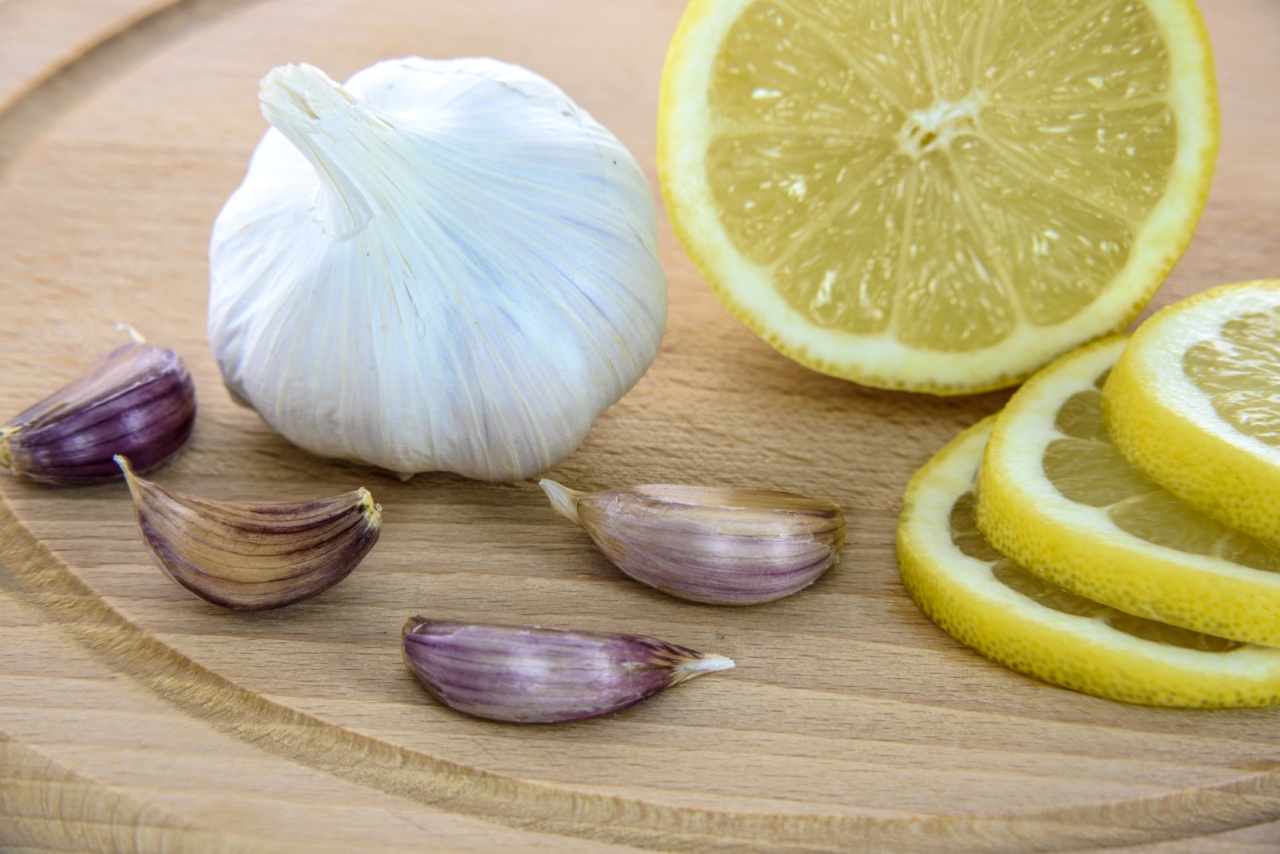Eczema, also known as atopic dermatitis, is a common skin condition that affects millions of people worldwide. It is characterized by dry, itchy, and inflamed skin that can be quite uncomfortable and even painful.
While there are a variety of treatments available to manage eczema, including creams, lotions, and medications, many people are finding natural and nutritional ways to heal their skin from the inside out. In this article, we will explore some of the best nutritional strategies you can use to heal eczema naturally and effectively.
1. Eliminate Common Food Triggers
For many people with eczema, certain foods can act as triggers for flare-ups. These can include dairy, gluten, soy, eggs, and nuts. Consider eliminating these foods from your diet for at least 30 days to see if your skin improves.
Then, slowly reintroduce them one at a time to determine if any of them are causing your eczema to worsen.
2. Increase Your Intake of Antioxidants
Antioxidants are powerful compounds that help to protect your skin from damage and promote healing. Some of the best sources of antioxidants include fruits, vegetables, nuts, seeds, and spices.
Consider adding more berries, leafy greens, sweet potatoes, and turmeric to your diet to boost your antioxidant intake.
3. Eat More Healthy Fats
Healthy fats, such as those found in fatty fish, nuts, seeds, and avocados, can help to reduce inflammation in the body and improve skin hydration.
Add more wild-caught salmon, chia seeds, flaxseeds, walnuts, and olive oil to your diet to reap the benefits of healthy fats.
4. Include Foods Rich in Zinc
Zinc is a mineral that plays a crucial role in skin health and healing. Some of the best food sources of zinc include oysters, beef, pumpkin seeds, lentils, and spinach. Consider adding more of these foods to your diet to support healthy skin.
5. Add Collagen to Your Diet
Collagen is a protein that is essential for maintaining healthy skin. It can be found in bone broth, collagen supplements, and certain types of meat. Adding collagen to your diet can help to improve skin elasticity, hydration, and overall health.
6. Focus on Anti-Inflammatory Foods
Inflammation is one of the primary drivers of eczema and other skin conditions. To reduce inflammation in your body, focus on consuming foods that are anti-inflammatory in nature.
These include fatty fish, leafy greens, broccoli, blueberries, and turmeric.
7. Consider Probiotics
Probiotics are beneficial bacteria that live in your gut and help to support immune function and digestive health. They may also benefit skin health by reducing inflammation and healing the gut lining.
Consider supplementing with a high-quality probiotic or adding fermented foods like sauerkraut, kimchi, and yogurt to your diet to support your gut microbiome.
8. Reduce Sugar and Processed Foods
Sugar and processed foods are known to increase inflammation in the body and contribute to a range of health issues, including eczema. Consider reducing your intake of these foods and replacing them with whole, nutrient-dense foods instead.
9. Stay Hydrated
Drinking sufficient water is crucial for maintaining healthy skin and reducing the risk of dry, itchy eczema. Aim to drink at least eight glasses of water per day, and consider sipping on herbal tea or coconut water for added hydration.
10. Work with a Nutrition Professional
While making dietary changes can be helpful for healing eczema, it’s important to work with a qualified nutrition professional who can guide you through the process and ensure that you are getting all of the nutrients your body needs.
Consider working with a registered dietitian or functional medicine practitioner who specializes in skin health.






























